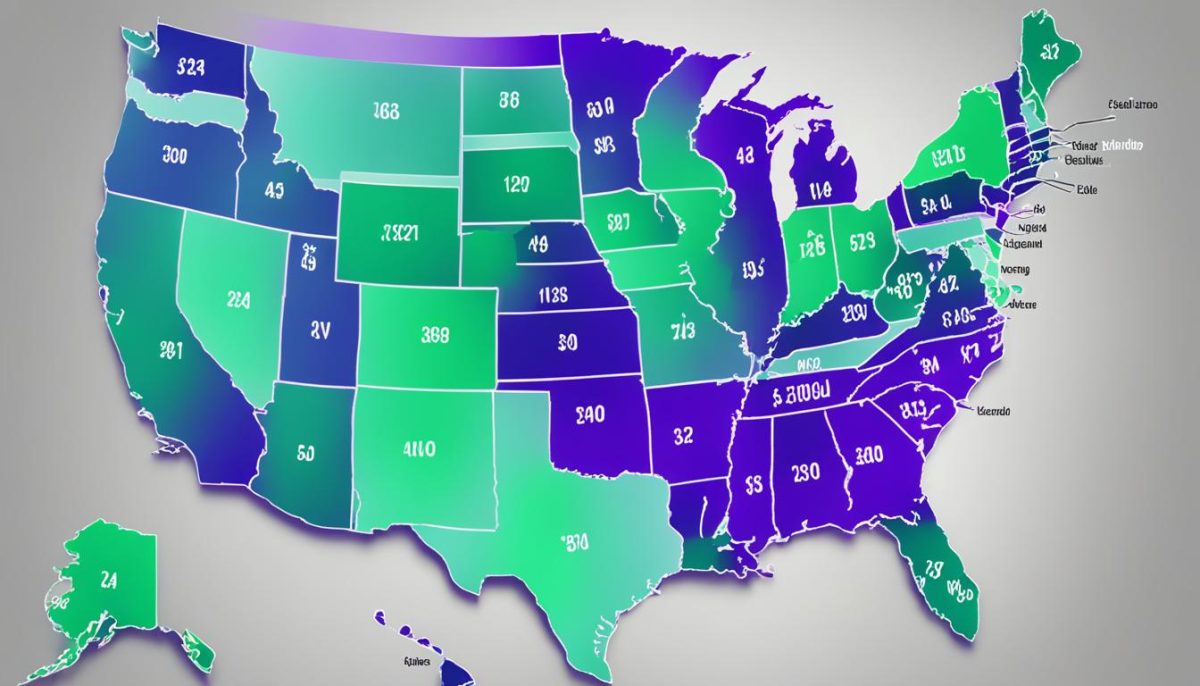How Much Do Casino Dealers Make
As we delve into the fascinating world of casino operations, one question that often arises is: how much do casino dealers actually earn? In this article, we’ll explore the intriguing details of casino dealer salaries, uncovering the average earnings, the factors that influence their pay, and the career prospects for these gaming professionals. Whether you’re contemplating a career behind the tables or simply curious about the industry, we’ve got the insights you need to understand the financial realities of this dynamic profession.
Unveiling the Average Salary of Casino Dealers
When it comes to the casino industry, the salaries of dealers are a topic of great interest. According to the Bureau of Labor Statistics, the average annual salary for casino dealers in the United States is around $26,700, or approximately $12.84 per hour. However, this figure can vary significantly based on a variety of factors that influence a casino dealer’s earning potential.
Factors Influencing Dealer Earnings
The level of experience a casino dealer has is a crucial factor in determining their earnings. Seasoned dealers with years of expertise under their belt typically command higher salaries compared to entry-level personnel. Additionally, the specific games a dealer is trained to handle can impact their pay, as certain table games may be more in demand and thus better compensated.
The location of the casino itself also plays a significant role in a dealer’s salary. Casinos situated in high-cost-of-living areas, such as major metropolitan cities, tend to offer higher wages to attract and retain talented dealers. Conversely, casinos in more rural or lower-cost regions may offer lower salaries, but the cost of living in those areas may be more affordable for employees.
Regional Variations in Casino Dealer Pay
When examining the regional differences in casino dealer pay across the United States, several distinct patterns emerge. Dealers in Nevada, home to the renowned Las Vegas Strip, typically earn the highest average salaries, with an annual mean wage of around $31,500. Meanwhile, dealers in states like Mississippi and Louisiana, where the casino industry is also well-established, tend to earn slightly lower wages, with averages around $25,000 to $27,000 per year.
| Region | Average Annual Salary |
|---|---|
| Nevada | $31,500 |
| Mississippi | $27,000 |
| Louisiana | $25,000 |
| New Jersey | $29,000 |
| California | $28,000 |

“The casino industry is constantly evolving, and dealers who stay ahead of the curve by continuously honing their skills and expertise can position themselves for higher earning potential.”
Exploring the Path to Becoming a Casino Dealer
Embarking on a career as a casino dealer is an exciting prospect, offering the opportunity to join the vibrant gaming industry. To become a casino dealer, aspiring professionals must first obtain the necessary licenses and complete comprehensive dealer training programs. These programs equip individuals with the essential skills and knowledge required to excel in this dynamic role.
The path to becoming a casino dealer typically involves obtaining a gaming license, which varies by state or jurisdiction. Once the license is secured, individuals can enroll in dealer training courses that cover a range of topics, including game rules, dealing techniques, customer service, and table management. These programs are often offered by casinos, vocational schools, or specialized training centers, providing hands-on experience and industry-specific expertise.
As we explore the casino dealer career path, it’s important to note the positive job outlook and growth potential within this profession. The gaming industry continues to expand, creating new opportunities for skilled dealers to showcase their talents. By staying informed about the latest industry trends and continuously honing their craft, casino dealers can unlock a world of opportunities and build rewarding careers in the exciting world of gaming.







